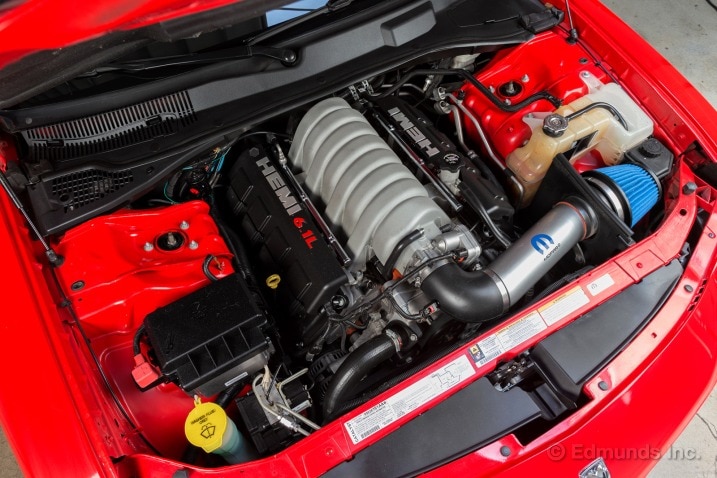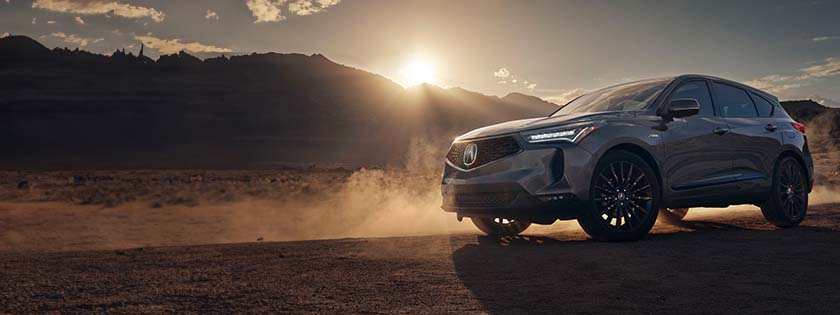What is a certified pre-owned vehicle?
A certified pre-owned car, or CPO for short, is a 1- to 5-year-old vehicle that has been lightly used, thoroughly inspected and covered by a manufacturer-backed extended warranty. The CPO warranty often kicks in once the new-car warranty has expired and typically adds one to two years of coverage. Certified pre-owned programs also offer additional benefits, which may include roadside assistance, free maintenance, satellite radio subscription and trip interruption coverage. Finally, some CPO vehicles might even have low finance rates, offered as promotions that are lower than a traditional used-car deal. Those benefits come at a cost, however, as certified pre-owned vehicles are typically more expensive than equivalent non-CPO vehicles.
 Everything You Need to Find the Perfect Certified Pre-Owned Car
Everything You Need to Find the Perfect Certified Pre-Owned Car
CPO vehicles are perfect for value-conscious shoppers who want a thoroughly inspected "near-new" car with a solid warranty. Learn more about CPO vehicles.



 by
by 


